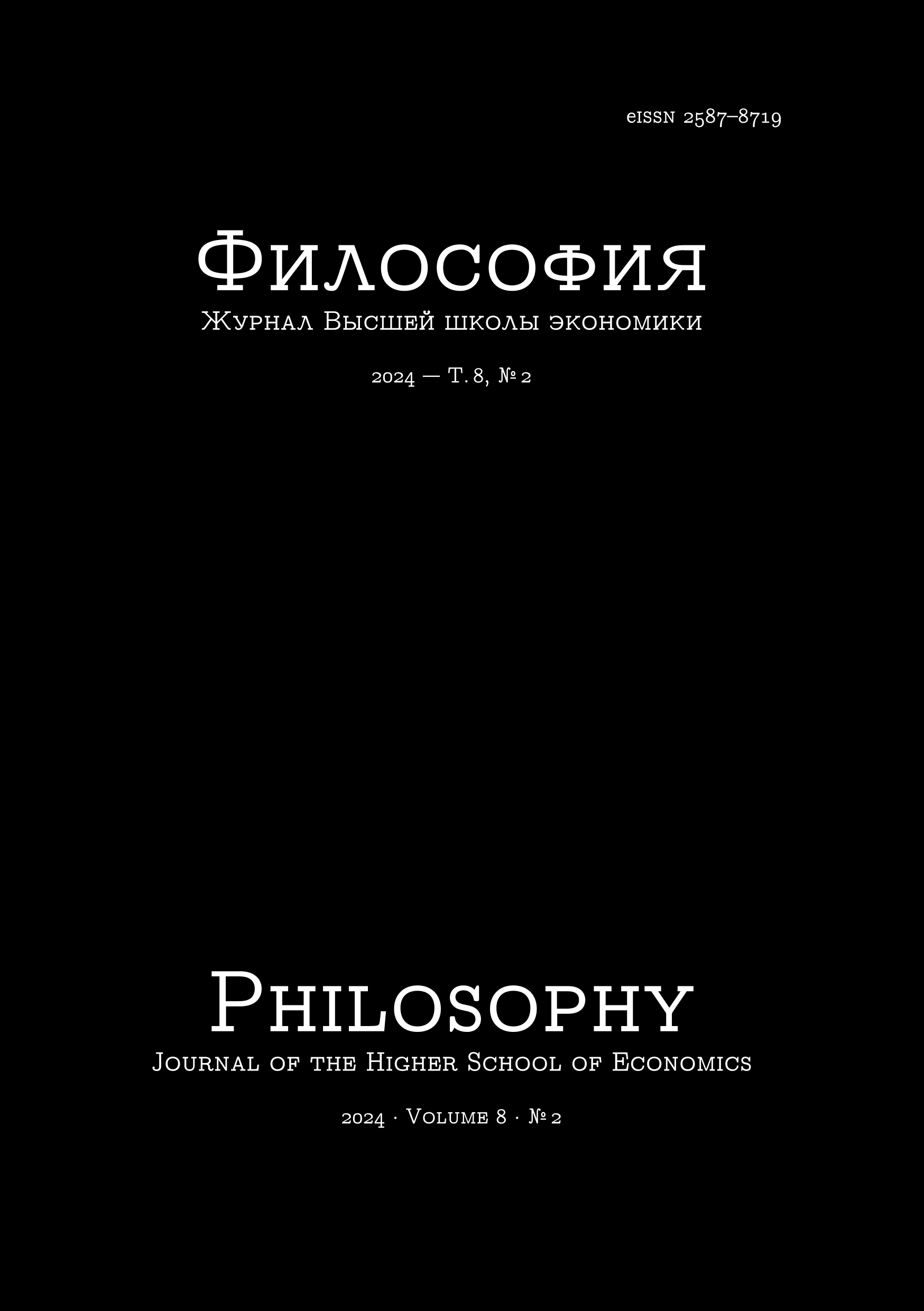Indefeasibility of Doubt
George Dalgarno's Sematology and the Idea of a Universal Language in Mid-Seventeenth Century European Philosophy
Abstract
This article opens a series of publications of the first Russian translation of George Dalgarno's Latin-language treatise “The Art of Signs”, published in 1661. In his treatise, Dalgarno presents the first full-fledged project to create an artificial philosophical language based on rational principles and organically combining the developed system of universal writing in the form of so-called “real characters” and the phonetic form of verbal language. The article traces the development of Dalgarno's idea from an improved system of shorthand to the project of a full-fledged philosophical language, which was to serve as a universal means of international communication and at the same time contribute to the reform of education. Special attention in the article is paid to the logical justification of Dalgarno's rational grammar. In this connection a comparative analysis of Dalgarno's linguistic doctrine with “General and Rational Grammar” and “Logic” of Port-Royal is carried out. The article shows how, in his theory, Dalgarno changes the Aristotelian categorical scheme and the classical theory of parts of speech, reducing the predicamental series to a single genus of being and recognizing the noun as the main part of speech. The authors conclude that in his intention to carry out a reform of logic in the spirit of Ramism, Dalgarno was simultaneously oriented towards the rationalist and empiricist tendencies in New Age philosophy, which largely determined the originality of his logical and linguistic doctrine and influenced the Leibnizian project of universal characteristic.
Downloads
Copyright (c) 2024 Philosophy Journal of the Higher School of Economics

This work is licensed under a Creative Commons Attribution-NonCommercial 4.0 International License.






